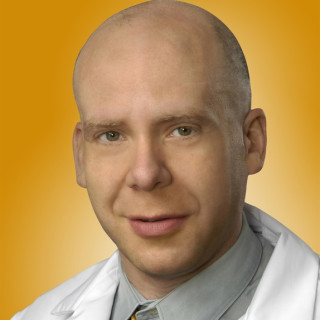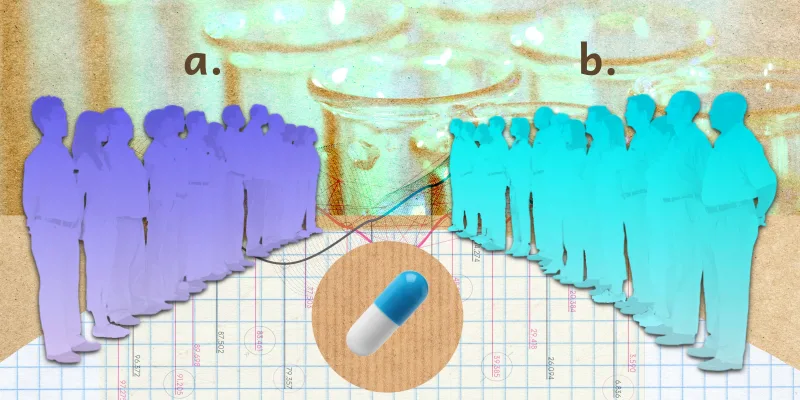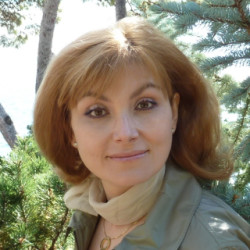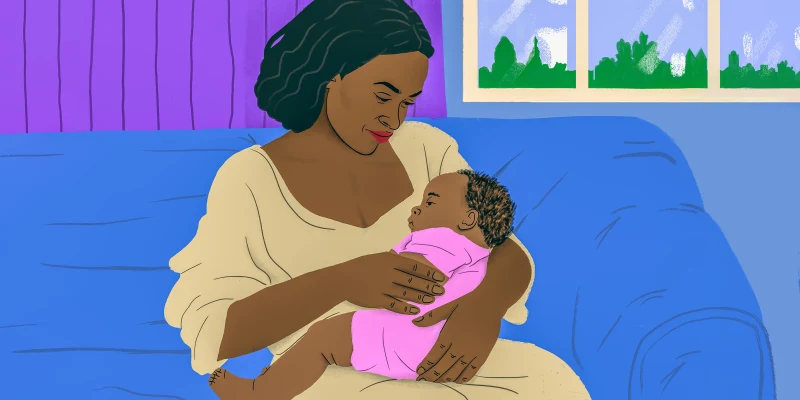
"It was the best of times, it was the worst of times, it was the age of wisdom, it was the age of foolishness, it was the epoch of belief, it was the epoch of incredulity, it was the season of Light, it was the season of Darkness, it was the spring of hope, it was the winter of despair…"
- Charles Dickens, A Tale of Two Cities, 1859
Having attended this year's Radiological Society of North America's (RSNA) annual meeting this week at McCormick Place in Chicago, I have a few musings about some themes which emerged from the meeting, as well as a few personal observations and reflections on the present, the past, and the future.
1. Veni, Vedi, Veci?
This was my 26th RSNA meeting. For several of my residents, it was their first. Yet I think even experienced attendees can occasionally be a bit overwhelmed. Sometimes I still feel like a newbie, compared with one of my friends from the industry who attended his 48th RSNA this year.
The RSNA is, to my knowledge, the largest medical meeting in the world. On average, there are about 60,000 registrants annually, about one-third or greater radiologists, the rest other health care practitioners, and a substantial percentage from industry. The virtual meeting continues to grow and grow. Last year, I had the honor of co-moderating a Friday PM Symposium. It was striking how even with a very good in-person attendance, the virtual live audience was at one point more than double the physical audience. Yet sometimes there's still no substitute for one-on-one schmoozing at the meeting.
2. Artificial Intelligence (AI), aka big data, aka machine learning: "Doctor Savvy Radiologist, or How I Learned to Stop Worrying and Love AI"
The "big pachyderm in the room" was AI. A blessing or a threat? A boon or a curse? Should we just all go back to law school? After all, whom are we going to blame and sue for our misses? Watson? Watsonette? Someone, or something (the AI lawyers, or the AI lawyers who will actually BE robots) will have to clean up the occasional misfire. Should we all go back and do a fellowship in interventional radiology? Likely some of those procedures will be done by robots as well. Should we not believe the hype? We cannot stick our heads in the sand like ostriches, but we also cannot be Polyannas. A healthy sense of caution is warranted.
At the opening session on Sunday, Dr. Vijay Rao, RSNA President, speculated in a positive light as to how her young granddaughter – a potentially practicing radiologist 30 years or so from now – might interface with AI. Her personal AI assistant will organize her day, prioritize her worklists, identify preliminarily important findings, and help with consults, but her granddaughter will still be the captain of the ship. Dr. Rao also noted that we must have greater involvement in direct patient care. Yet others, particularly those outside of our field, have declared that demise of the diagnostic radiologist is imminent.
I moderated an emergency radiology session where two papers indicated the potential utility of AI. This was just one of numerous such presentations. These were quite promising, but no one at the meeting actually suggested that radiologists are going the way of the Dodo bird. We radiologists certainly need to champion AI, to evaluate it honestly, and to keep on top of a very rapidly progressing field. Will Siri or Alexa be joining the RSNA Sunday Image Interpretation Panel anytime soon? Will HAL the 3rd know in a few microseconds that that "hairy" aorta, combined with certain cardiac findings and abnormal perinephric soft-tissue on CT or MR, almost certainly represents Erdheim-Chester disease? This was one of the more complicated diagnoses on this year's Image Panel. And will anyone care if their radiologist IS an android?
3. Work, Work, Work…
It is striking how everyone I talked with is becoming increasingly concerned about the growing clinical workload. Imaging is being used more frequently, the findings are often complex, and the hours and demands for coverage and for near-instantaneous results are increasing. Concern, as noted, is also growing about the increasing detachment of the radiologist from actual patient clinical care. What to do, what to do? Nil desperandum, my good radiologist!
Dr. Michael Recht (and coincidentally also my Chair) provided some solutions at the opening session, not for 2048, but ones which are already in place at New York University, including, but not limited to: reading room coordinators, who get clinicians on the phone for communication of important results; radiologists embedded in various clinical areas; and "virtual" consults, so clinicians can get direct, real-time input from radiologists. And, of course, he highlighted various AI solutions and investigations which are underway at our institution and elsewhere. These solutions won't solve all of our problems, but they will hopefully go a long way towards helping our profession if implemented broadly yet wisely.
4. RSNA 2018: The Rise of the Woman Radiologist
The 2018 RSNA President is a woman - as noted, Dr. Rao. So is the incoming head of the RSNA Board of Directors. So is the RSNA Distinguished Researcher for 2018. Two of the three of this year's RSNA Gold Medalists are women.
When I opened Monday's edition of the Daily Meeting Bulletin, I noticed immediately that all of the featured researchers in eight separate articles, from more junior trainees to more senior radiologists – ALL of them – were women. Coincidence? I think not. Their areas of research are broad and of much relevance.
Although there are continued disparities in the percentage of women radiologists and of women trainees in North America and elsewhere, these developments are very encouraging.
5. It's All About the Mentors!
At that emergency radiology session, for me it was striking how it was really all about the mentors and the mentees. My co-moderator, a long-time collaborator, was one of my original residents. A publication by one of my long-time mentors was mentioned. A medical student whom I worked with some years ago was the senior author of the first scientific paper presented – which of, course, was on AI. And the one or two degrees of separation went on and on…
So, for the RSNA's 2018 annual meeting, there were highlighted accomplishments, as well as substantial challenges discussed for our specialty. We may look back in the future and say "Fue el mejor de los tiempos, fue el peor de los tiempos."






